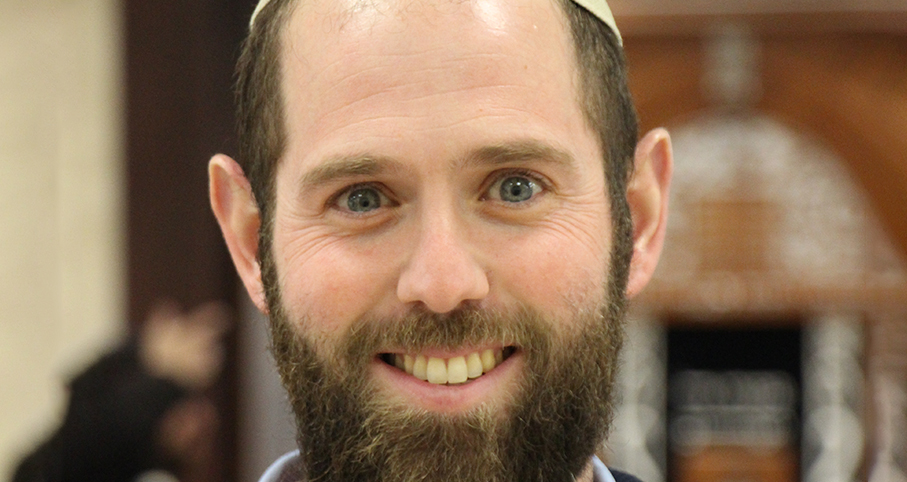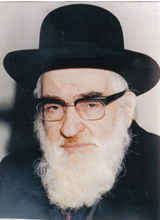Beit Midrash
- Jewish Laws and Thoughts
- Jewish Thought
Our sages, through their divine inspiration, teach us that all human illness is the result of transgression. In their words, "There is no suffering without sin" (Shabbat 55a), and "if a person sees that he is being afflicted he should examine his deeds. If he examines but finds nothing, he should attribute it to the neglect of Torah study. If he attributes it but finds no such negligence, he can be sure that these are afflictions of love" (Berachot 5a). In this they sought to teach us three lofty and profound ideas:
a. Suffering comes upon a person through Divine Providence, not by chance.
b. Suffering is not a form of revenge; it is meted out for a person’s own good, to atone for his sins and to stir him to repentance.
c. The Torah’s 248 positive commandments correspond to the number of organs in the human body, and its 365 negative commandments correspond to the days of the year. This alludes to the fact that every bodily organ says, as it were, "Use me to perform a commandment," and each day warns, "Do not transgress upon me" (see Makot 23b and Rashi ad loc.). Every commandment a person performs gives spiritual life to the organ through which it is performed. Similarly, sin causes harm to the organ through which it is performed.
This, then, is what the sages sought to teach us when they said, "If a person sees that he is being afflicted, he should examine his deeds, etc." A person who is experiencing illness should try to clarify what sin he performed with the part of his body that is afflicted. If he examines but can find no reason for the suffering in this particular organ he should attribute it to neglect of Torah study, and assume that this is why he could find no reason for his illness.
The sages likewise teach: "Man is balanced: half water, half blood. When he is worthy, the amount of water does not exceed the amount of blood and the amount of blood does not exceed the amount of water. When he sins, sometimes the amount of water exceeds the amount of blood, causing adrifukus, and sometimes the amount of blood exceeds the amount of water, causing tzara’at" (Vayikra Rabba 15:2).
The sages underscore this idea when they say, "If you have performed bundles of sins, counteract them by performing bundles of religious deeds. Hence, ‘haughty eyes’ (Proverbs 6:17) should be counteracted by fulfilling the commandment to ‘Let them be for frontlets between your eyes’ (Deuteronomy 6:8); ‘a lying tongue’ (Proverbs loc. cit.) should be countered by ‘You shall teach them [God’s words] to your children’ (Deuteronomy 11:19), etc." (Vayikra Rabba 21:4). In other words, one should treat the very organ he has harmed. This is the appropriate and desired path to repentance in the eyes of the Creator.
In sum, if a person wants a strong, healthy body and soul, he must distance himself from sin and perform the commandments of the Torah, turning neither left or right, avoiding evil and doing good. One must believe with unswerving faith that all suffering that befalls him is for his own good, to awaken him to return to God.

What Is Emuna & How To Get It
Translated by Hillel Fendel
Rabbi Chaim Avihau Schwartz | Adar 7 5781

How Can I Trust the Truth of Sinai?
Rabbi Elyashiv Kafka | Kislev 8 5783






















